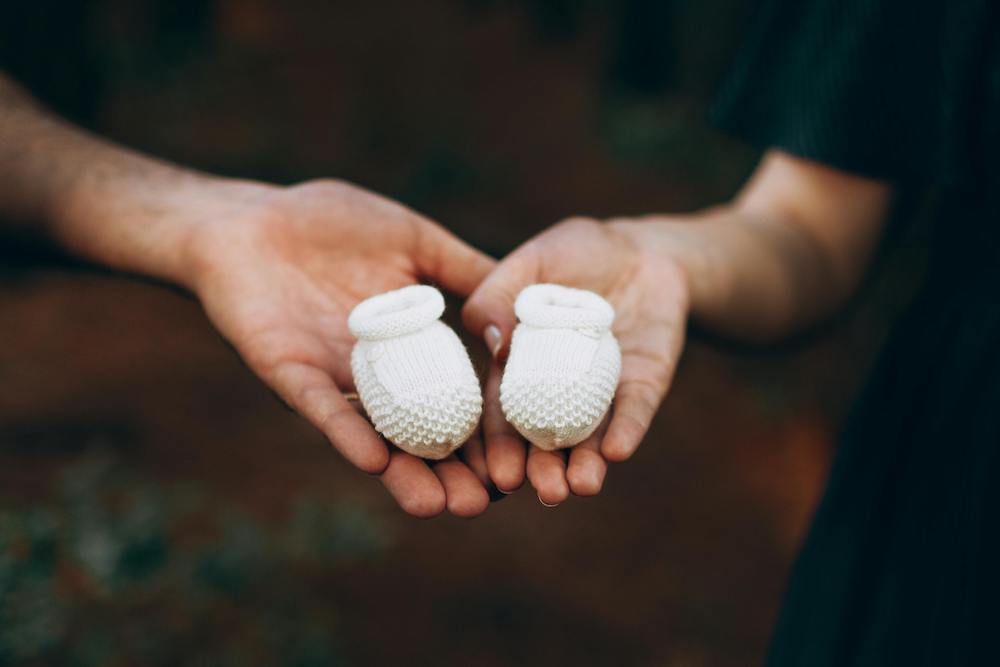
14 Oct Early Miscarriage is Still a Loss
Did you know that infant loss as a result of miscarriage is fairly common? About 10% of known pregnancies end in miscarriage. Most of these occur before 10 weeks.
Infant loss can be difficult no matter what stage of pregnancy. For many women, when they “feel” pregnant, the emotional bonding to your baby begins. When a pregnancy is lost, the feelings of loss and grief are real. This might take the form of sadness, anger, and confusion. Your feelings might differ from your partner. Be sure to keep communication open between you and your partner. Take the time you need to navigate the stages of grief before deciding to get pregnant again.
October 15 is Infant Loss Awareness Day through the Star Legacy Foundation. The Star Legacy Foundation offers live, interactive support groups. It’s important to seek community or professional support, or perhaps friends and family, who can listen to your feelings without judgment. Support groups that focus on infant loss can offer specialized coping skills. You can learn ways to manage your emotions and memorialize your baby, creating memories that observe anniversaries and special milestones.
Miscarriage is not the mother’s “fault.” Stress, arguments, working, exercise and sex do not cause miscarriages. Most early miscarriages are a result of chromosomal abnormalities. Chromosomes exist in our cells and are the structures that carry blueprints (genes) for how people develop. Most people have 23 pairs of chromosomes, 46 in total, with half of our chromosomes from each parent.
Chromosome abnormalities leading to miscarriage are not necessarily genetic, but problems in the early sequencing for reasons mostly unknown. Many women go on to have healthy pregnancies after a miscarriage. You can try to get pregnant again right after miscarriage, but it’s a good idea to wait for one normal menstrual cycle. This allows the body to heal and regulate and will make dating your subsequent pregnancy easier.
It may be a good idea to understand the risk factors for miscarriage and consider if you fall into any of these categories. If so, reach out to your provider for more information on how to decrease your risk and support a healthy pregnancy:
- smoking/consuming alcohol/drug
- exposure to harmful environmental toxins
- chronic diseases such as autoimmune disorders, diabetes, thyroid disease, heart disease, eating disorders/malnutrition, and obesity
- infections like STIs, Group B beta strep, Cytomegalovirus, Parvovirus B19, food poisoning (Listeria)
- hormonal problems like PCOS
- advanced age of parents 35+ (can’t change this one!). And yes, chromosomal changes in older men’s biological material can increase risk of miscarriage as well!
If you are worried that you might be losing a pregnancy currently, call your provider immediately to discuss your symptoms. Common signs of miscarriage are: bleeding, spotting, passage of tissue, cramps, severe belly pain, and not “feeling” pregnant anymore (loss of baby’s movement, nausea).
Infant loss in pregnancy is a heartbreaking experience. But with time, emotional and physical healing, as well as support, you will recover. As you’re navigating your own experience, remember that most women go on to have normal, healthy pregnancies after a miscarriage. There is light and hope after loss.
REFERENCES:
- American College of Obstetricians and Gynecologists (ACOG). May 2023. Early pregnancy loss.https://www.acog.org/womens-health/faqs/early-pregnancy-loss
- March of Dimes. February 2023. Miscarriage. https://www.marchofdimes.org/find-support/topics/miscarriage-loss
- Photo by Helena Lopes: Little Child Clothes In Arms of People. https://www.pexels.com/photo/little-child-clothes-in-arms-of-people-4409123/



